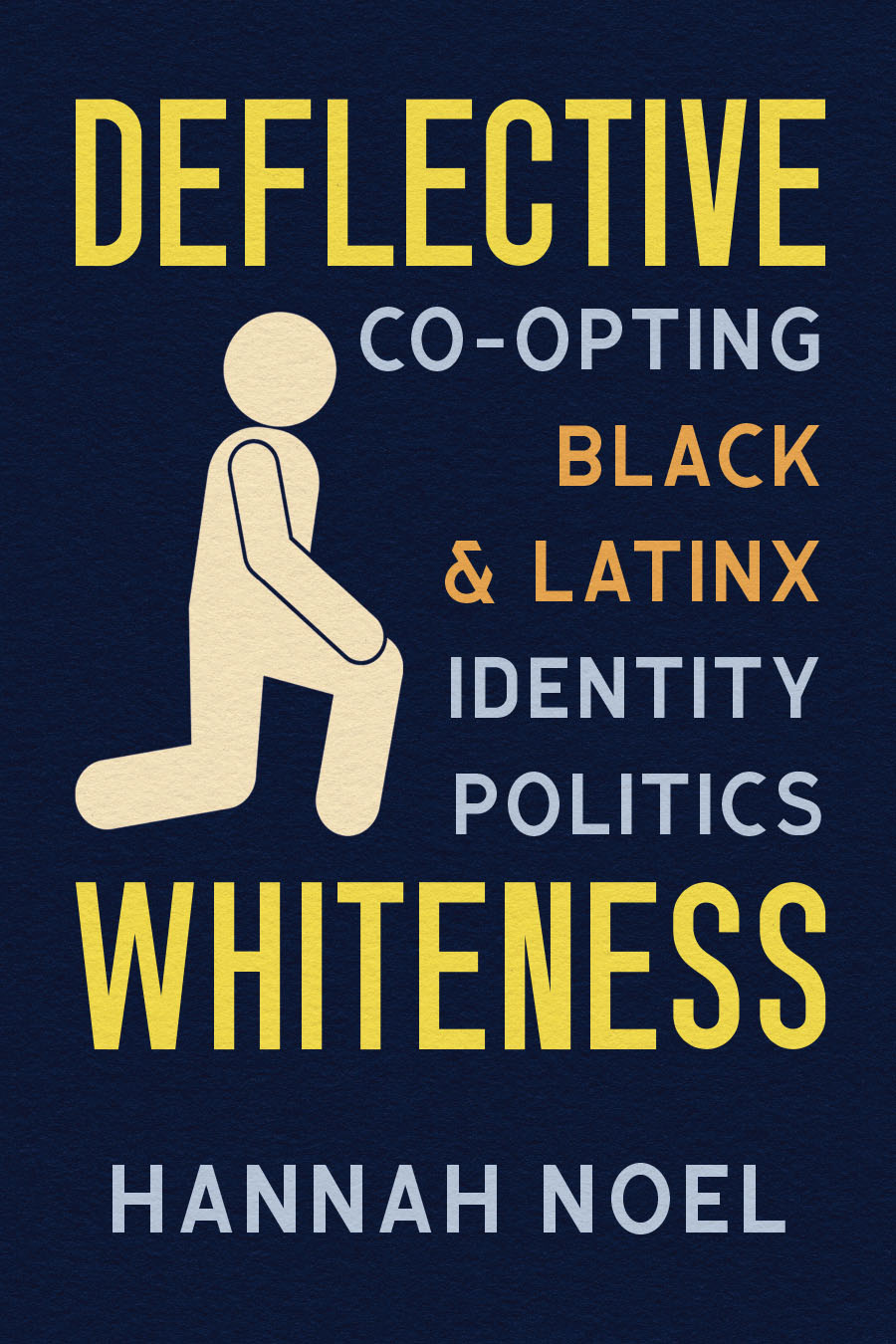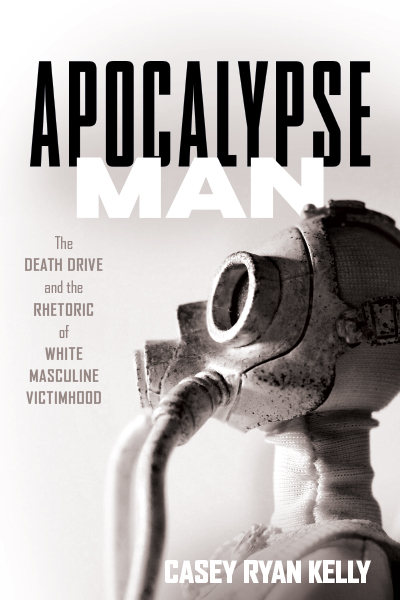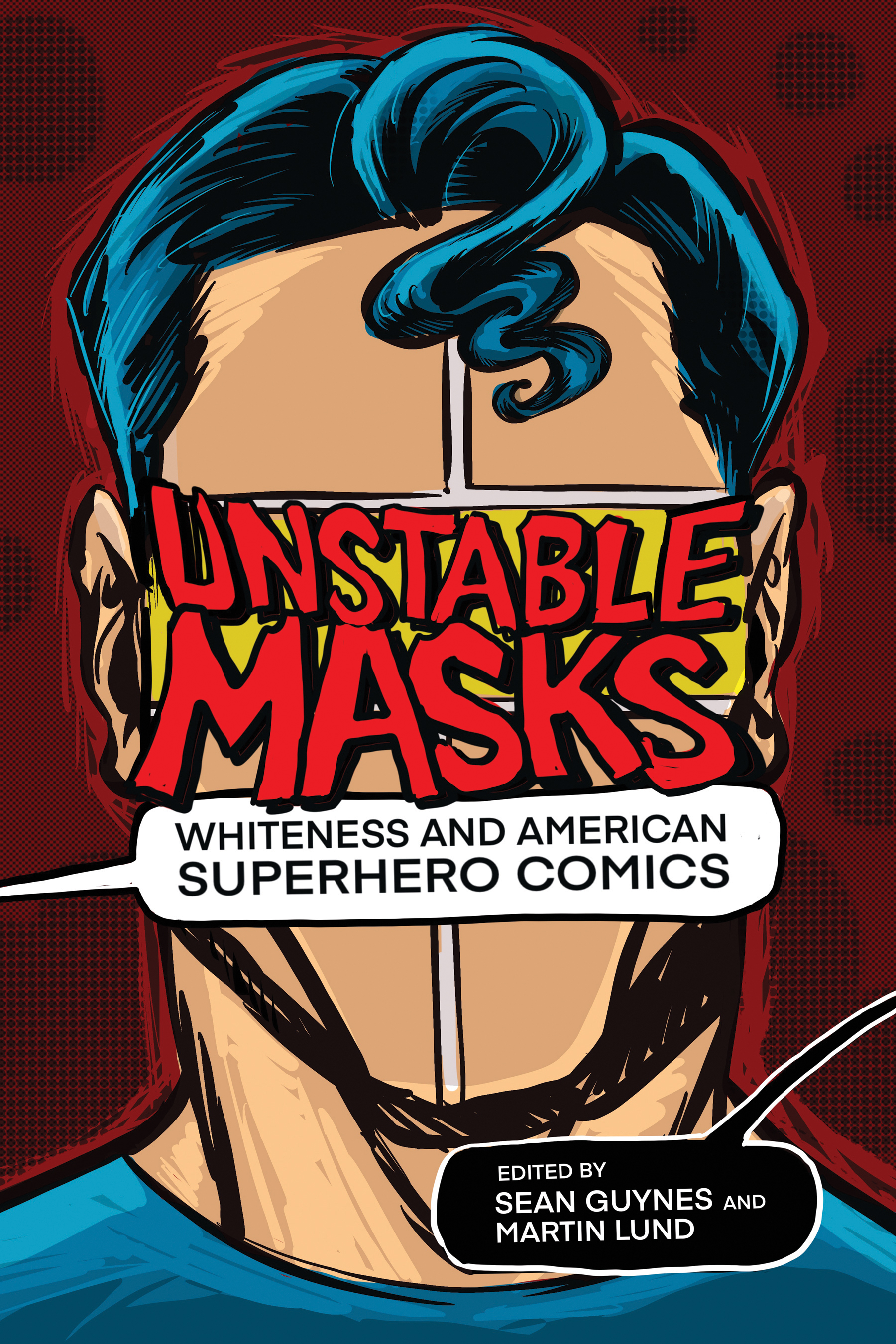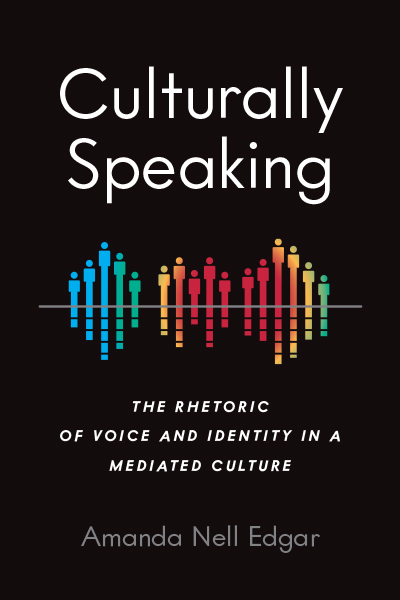“The book is valuable for its case studies of how in the United States both liberal and conservative practices of whiteness sustain and reproduce structures of racial inequality and injustice, often by co-opting the political identity of marginalized groups. … Exposing this misuse of progressive ideas is a particularly important responsibility of anti-racist whites.” —Priscila Dorella, Society for US Intellectual History
“Noel offers her readers an important toolkit for identifying and taking apart the inner workings of everyday white supremacist discourse. For this reason, Deflective Whiteness is a useful book not only for students and scholars of rhetoric and media, but for all critical observers of US political discourses.” —Andrei Belibou, European Journal of American Studies
“Deflective Whiteness provides an important analysis of a strategy that affects American media, politics, communities, and discourses. It offers terminology to explain a strategic move that readers are aware of, but have been unable to articulate. Moreover, it illustrates how this tactic is utilized both overtly and covertly, by conservatives and liberals, and in conjunction with other concepts, such as masculinity, exploitation, and capitalistic profit.” —Kandi Tayebi, Rocky Mountain Review
“In drawing on history, rhetoric, cultural studies, and other fields to explore a key manifestation of white supremacy’s entrenchment today, Deflective Whiteness is a model for interdisciplinary scholarship. Noel displays a breathtaking understanding of the history of and crevices within critical whiteness studies.” —Lee Bebout, author of Whiteness on the Border: Mapping the U.S. Racial Imagination in Brown and White
In Deflective Whiteness, Hannah Noel repositions Whiteness studies in relation to current discussions around racialized animus and White victimhood, demonstrating how White supremacy adapts its discursive strategies by cannibalizing the language and rhetoric of Black and Latinx social justice movements. Analyzing a wide-ranging collection of cultural objects—memes, oration, music, advertisements, and news coverage—Noel shows how White deflection sustains and reproduces structures of inequality and injustice.
White deflection offers a script for how social justice rhetoric and the emotions of victimization are appropriated to conjure a hegemonic White identity. Using derivative language, deflection claims Whiteness as the aggrieved social status. Through case studies of cultural moments and archives including Twitter, country music, the Black Lives Matter movement, and more, Deflective Whiteness exposes the various forms of tacit White supremacy that operate under the alibi of injury and that ultimately serve to deepen racial inequities. By understanding how, where, and why White deflection is used, Noel argues, scholars and social justice advocates can trace, tag, and deconstruct covert White supremacy at its rhetorical foundations.
Hannah Noel is an Associate Professor at a public liberal arts college in New England. Her articles have appeared in Diálogo, Kalfou, and The Routledge Companion to Latina/o Media.
Contents
List of Illustrations
Acknowledgments
Introduction White Deflection: The Parasitic Nature of White Identity Politics
Part I: Overt Deflective Whiteness
Chapter 1 Of Memes, Militancy, and Masculinity: White Rhetoric and Racial Fabrication in Online Discourse
Chapter 2 Feminized Racial Pain: Cisgender Women, Whiteness, and Digital Masculine Rhetoric
Chapter 3 Trash Music: A Third-Wave Whiteness Approach to Bro-Country and Country-Rap
Part II: Inferential Deflective Whiteness
Chapter 4 Brand Liberal: Ethical Consumption and Latina Representation under Racial Capitalism
Chapter 5 Framing Immigration: Legal Violence in NPR’s Coverage of the Postville Raid
Epilogue Performative Allyship and the Future of Critical Whiteness Studies
Appendix 1: Blue Lives Matter “About Us”
Appendix 2: Letter to Dov Charney
Bibliography





